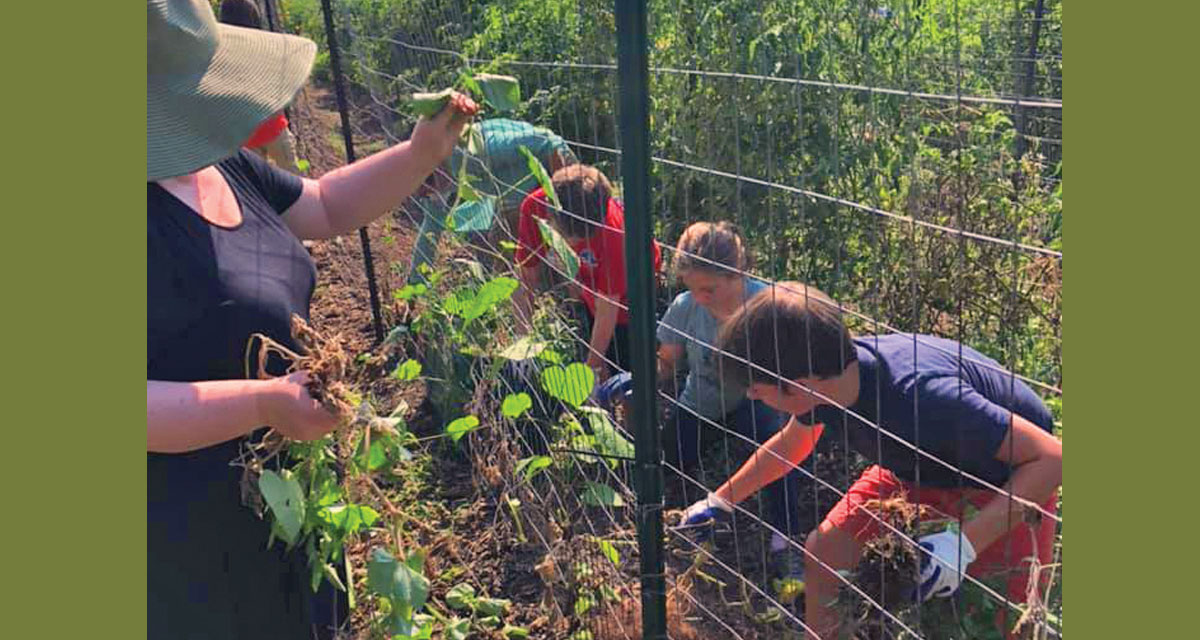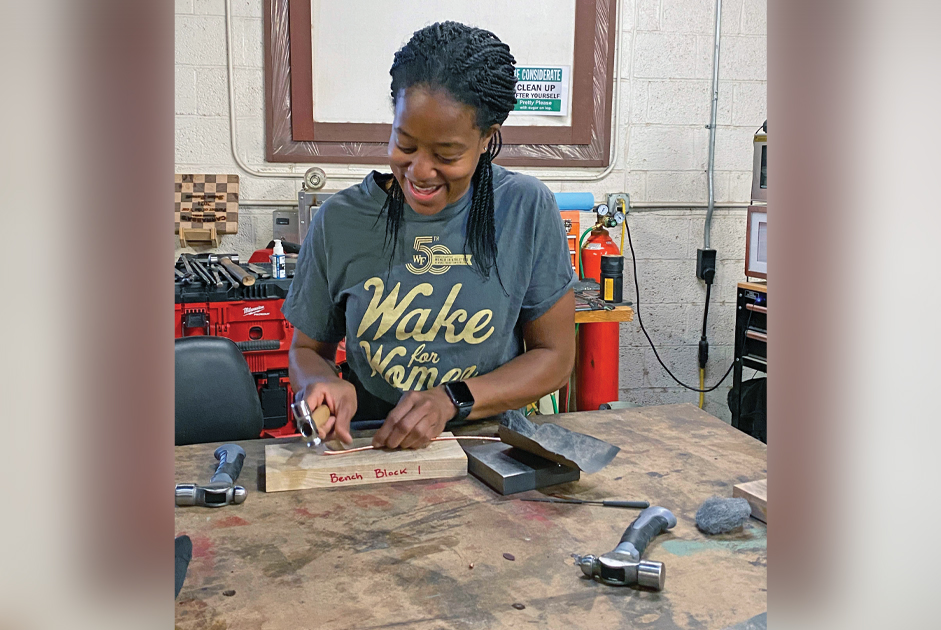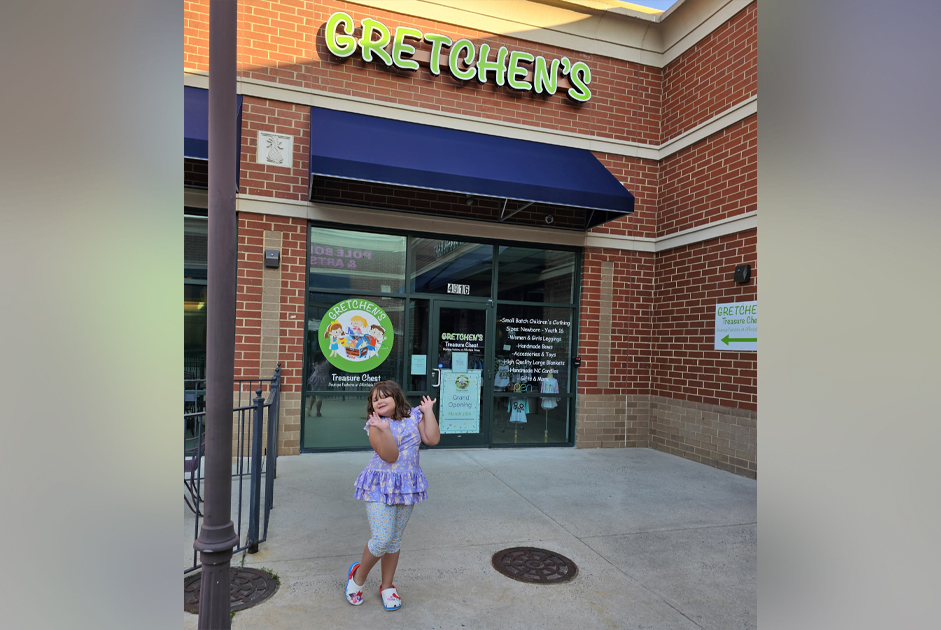Transitioning from the relaxed pace of summer back to the demands of early morning routines, tight schedules and school demands can be a challenge for everyone. Now that our children are getting back into the swing of the new school year, encouraging and helping them to be more independent can benefit everyone. Not only does greater independence bring more peace and harmony to hectic mornings and busy family life, it benefits our children in many long-lasting ways.
As parents, we all want our children to grow up to be independent, resourceful and self-reliant individuals, ready to and able to make meaningful contributions to the world. Just like learning to read, write well or do long division, becoming independent is a learning process that requires lots of practice, training and supportive guidance. Here are a few ideas that may help with getting out the door on time tomorrow and help your child on his or her journey toward independence.
Find Opportunities for Children to Do for Themselves
Look for ways that your children can begin to do things for themselves. “I do,” or, “Me do,” is the all too familiar phrase we hear from toddlers expressing their desire, even drive, to be independent. Knowing when to help or intervene and when to give our children the freedom to do for themselves is an ever-changing balance. Looking for and creating opportunities for children to be independent is key. Your young children might not be able to tie their shoes yet, but maybe they can put on their shirt and shorts. Your older children can certainly dress themselves and even make their own breakfast, as well as lunch and/or snacks for school. They can even help younger siblings with these tasks. If a child is not quite able to be responsible for preparing lunch, unpacking lunch boxes each day can help you and him or her. Also, creating regular times in the day when children are expected to choose independent work and play helps them rely on themselves. These independent times can be most helpful to you as well when you have work or chores to do at home, making dinner, cleaning, etc.
Create Helpful Routines
Children thrive on routines and a certain amount of order. In fact, don’t we all? Creating routines helps children predict and take initiative with independent tasks. Try picking out the next day’s clothes or preparing lunch the night before, or placing bookbags and school items by the door before going to bed. Also, having regular chores that your children can do, helps the whole family and helps children make real meaningful contributions. Anything from setting and/or clearing the dinner table, to sweeping or putting dishes in the dishwasher, etc., can provide wonderful avenues for your child to gain more independence and help the family. The more children have a say in what chores they want to do to help the family, the better. This gives them ownership in the work and immediate intrinsic motivation.
Prepare the Environment
Children’s need for order and predictability apply to their environment as well. Often, we inadvertently limit our children’s opportunities for independence because our home environment creates obstacles for them. Using low drawers in the kitchen and the bottom shelf of the refrigerator for breakfast lunch, snack and breakfast items, make it possible for children to make their own snacks, lunches and breakfasts. Having a designated place to keep bookbags, shoes and other school items helps children keep up with their belongings. Instead of a toy box, where toys are tossed and then difficult to locate, having low shelving where children can place and easily find their toys helps children take care of and clean up their toys independently. Eliminating clutter by limiting the “stuff” children have to manage creates a clearer sense of order and helps children be successful with independent tasks.
Teach/Train the Skills
Putting on our shoes, brushing our teeth and preparing breakfast (even a bowl of cereal) are all learned skills, and our children need us to help them learn skills to be independent. As the saying goes, “I hear, and I forget; I see, and I remember; I do, and I understand,” when we take time to explain, model and give space and time to practice tasks, our children will have the scaffolding needed to be successful. Whatever the task – sweeping, loading the dishwasher, packing a lunch, dressing, etc., showing our children how to do specific skills, giving them opportunities to practice by doing them is vital. And, the time we spend teaching these skills will be rewarded tenfold as our children become more and more independent.
Let Go
A key part of our children’s journey toward greater and greater independence is letting go of our ideas of the “right way” of doing things. If we want them to be independent, we must accept that they will make mistakes along the way and do things differently. As children learn new skills, they will get more proficient and efficient with practice. When just learning to load the dishwasher, it may not be just as we would do it. When learning to dress themselves, an outfit may not match, or shoes may be on the wrong feet, hair not combed as we would. By letting the small stuff go and not overcorrecting, we positively reinforce our children’s confidence in their ability and nurture internal motivation.
Helping our children become independent does take time and energy but can be done in small steps, and the benefits are life-long. We just have to keep asking ourselves, what can my child do for themselves, and how can I help them do that?























